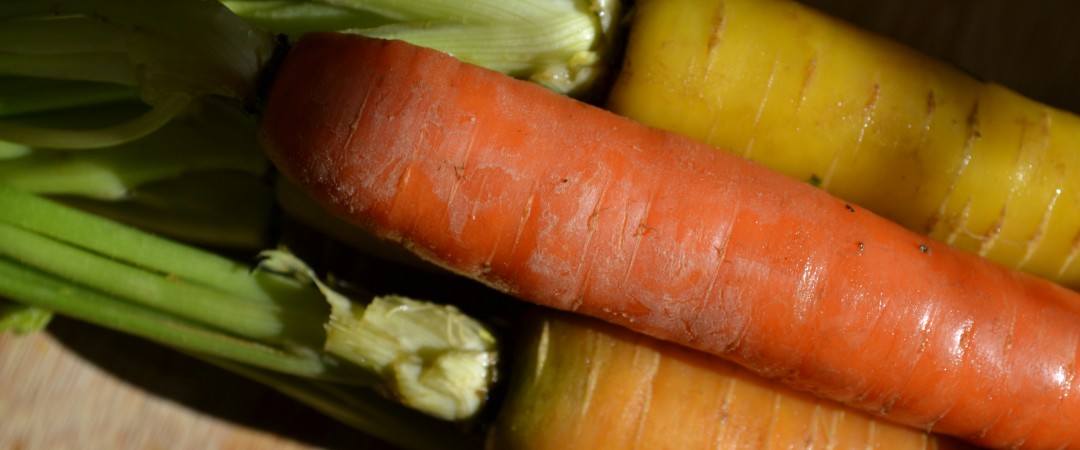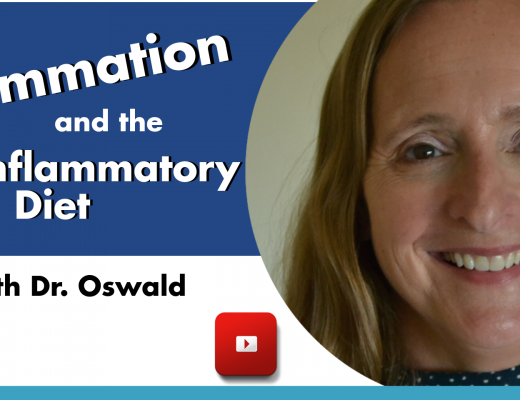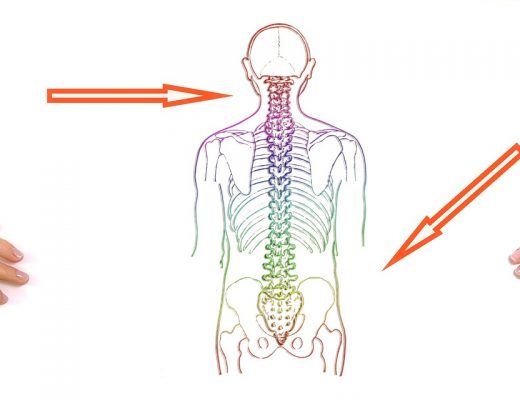Who pays the bills?
The food industry has become big business. Much like the pharmaceutical industry, it’s another type of big Farma. There are so many recommendations regarding food choices, it’s become difficult to distinguish facts from fads. In fact, for every $1 spent on food, 19 cents pay farming costs and 81 cents pay the marketing bills. For the food industry, marketing has paid off. Americans are consuming 500 more calories per day than we did in the 1970s.
So, if we don’t want to get our food advice from the steady stream of advertising we are steeped in, where should we turn?
Food investigative journalist, Michael Pollan says it best: “Don’t eat anything that your grandmother wouldn’t recognize as food.” This advice helps us limit processed foods and increases our whole food intake providing a vast array of health benefits. There are some simple changes that you can make in your diet, starting right now, that can increase your health and vitality.
Why a plant-based diet?
Plants are nutrient dense, containing phytonutrients. The word phyto comes from the Greek word phyt(ón) for “plant.” Phytonutrients are chemicals produced by plants to maintain their own health and vitality; by consuming these in plant-based foods, we support our own health. These phytonutrients have superhero abilities including: antioxidant and anti-inflammatory properties, immune enhancers, heart protectors, cancer fighters, and sugar modulators, to name a few.
So, to get started, Micheal Pollan would say, “Eat food. Mostly plants. Not too much.”
For more information on phytonutrients, take a look at my blog post “Phytonutrients: Enjoying Colorful Meals.”
Sources:
Profiling Food Consumption in America




